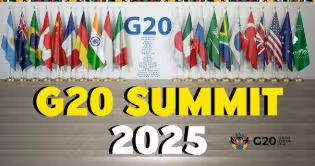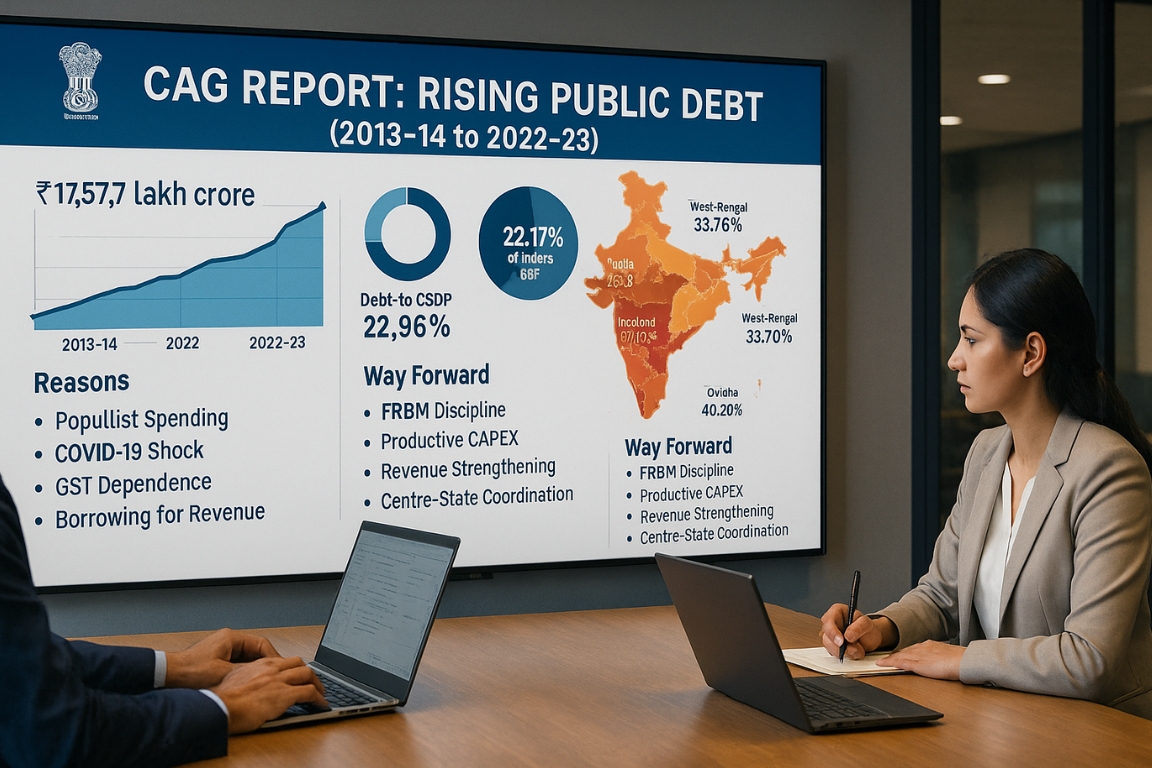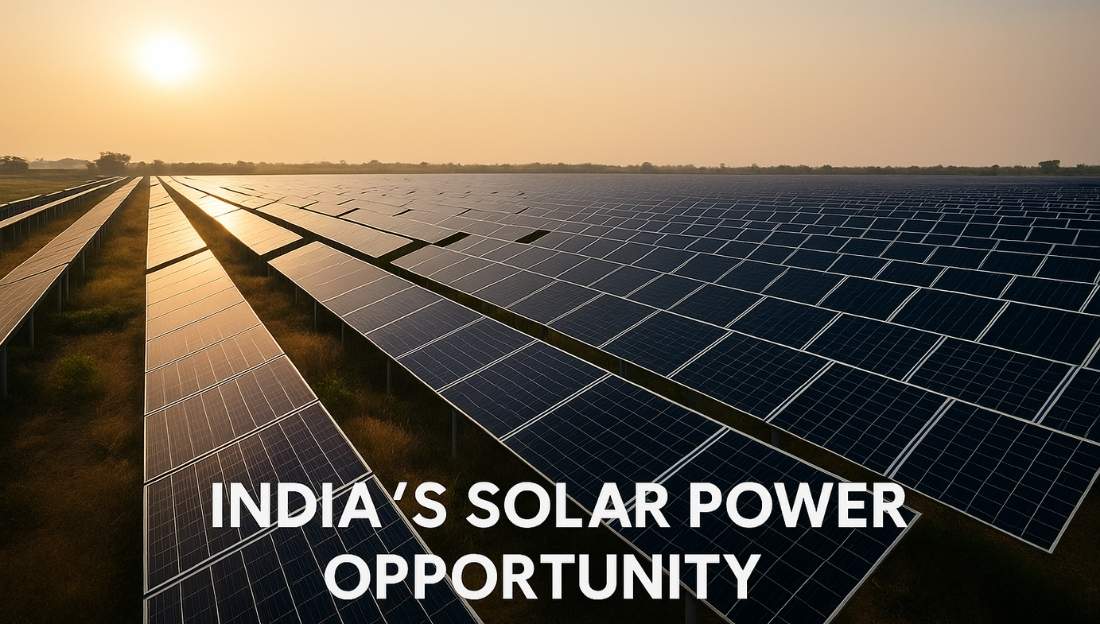At the 2025 G-20 Leaders’ Summit in Johannesburg, the host South Africa achieved the adoption of the G-20 Leaders’ Declaration by consensus—despite the U.S. boycott and attempts to block the text.
Adoption of the Declaration
- The Declaration was adopted at the beginning of the Summit — an unprecedented move.
- It was finalized earlier by Sherpas, showing strong coordination.
- South Africa declared it a victory for multilateralism, emphasizing that the G20 should not be stalled by any single country.
- The U.S. boycott reflected deteriorating ties with South Africa.

Multilateralism and Peace
- Reaffirmed commitment to UN Charter, international law, and peaceful resolution of disputes.
- Called for refraining from use of force for territorial gains.
- Minimal mention of Ukraine, Gaza, or Middle East conflicts.
- Condemned terrorism “in all forms.”
Focus on Global South
- Strong stress on development finance, debt relief, inequality, and African growth.
- Supported demands for major reforms in UN Security Council, with greater representation for Africa, Asia-Pacific, and Latin America.
- Ubuntu philosophy included: “I am because we are.”
Women-led Development
- Encouraged the role of women in governance, peacebuilding, and economic growth.
- Supported removal of socio-economic barriers and inclusive leadership.
India’s Contributions
- Called for redefining development models to ensure sustainability, equity, and ecological balance.
- Introduced Integral Humanism as a holistic development approach aligning material growth with ethical values.
- Proposed initiatives:
- G20–Africa Skills Multiplier: Training 1 million Africans.
- Global Traditional Knowledge Repository.
- Satellite Data Partnership for agriculture, disaster management.
- Healthcare Response Team and Counter Drug–Terror Network (focus on fentanyl, synthetic opioids).
- Critical Minerals Circularity Initiative for clean energy and recycling.
Broader Geopolitical Context
- Growing geopolitical fragmentation, trade tensions, and leadership shifts.
- The U.S. absence questioned its long-term G20 commitment.
- Increasing prominence of Global South voices in global governance.
Challenges Ahead
- Weak consensus on global conflicts.
- High debt burden on developing nations.
- Climate action remains slow despite high emissions from G20 countries.
- Structural inequality and trust deficits in global institutions.
Conclusion
The Johannesburg Summit marked a turning point for the Global South, showcasing Africa’s diplomatic rise, India’s thought leadership, and a renewed push for UN reform and inclusive global governance. However, lack of strong commitment on conflicts and climate remains a concern for future cooperation.
This topic is available in detail on our main website.





